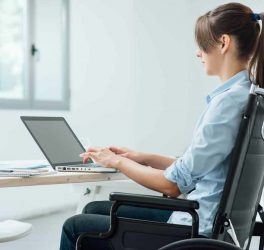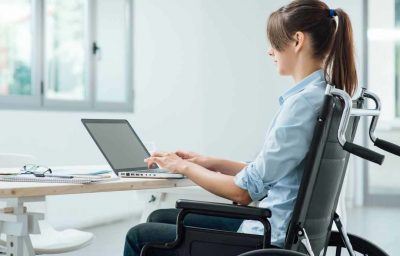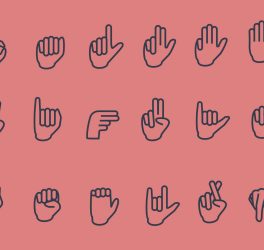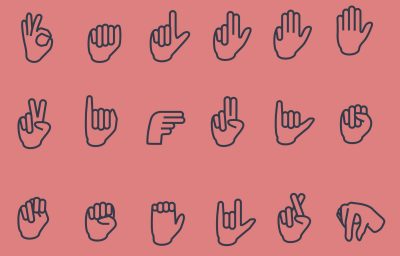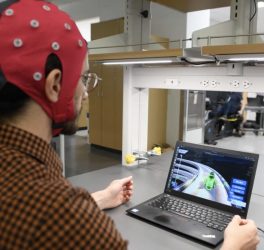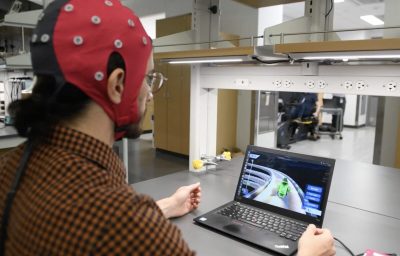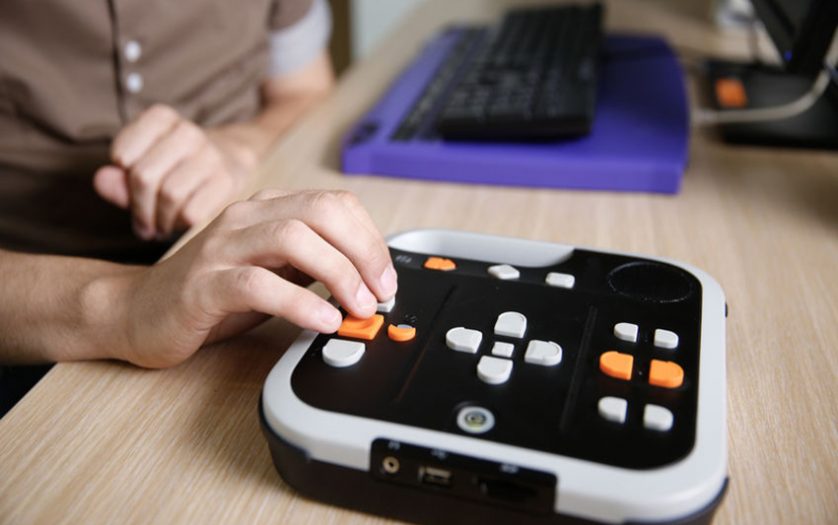
The University of Guam will host the 27th Annual Guam System for Assistive Technology Conference through television broadcast March 26-28.
The conference is intended for individuals with disabilities and people who support disabilities, according to a news release.
View the conference at the following stations:
- KUAM TV 8: 2:30 p.m. March 26, 3:30 p.m. March 27, 2 p.m. March 28;
- KUAM TV 11: 3 p.m. March 26, 4 p.m. March 27, 3:30 p.m. March 28;
- Docomo TV One: 6 p.m. March 26, 6 p.m. March 27, 6 p.m. March 28; and
- GTA GNN Channel 17: 6 p.m. March 26, 6 p.m. March 27, 6 p.m. March 28.
Under the theme “Creating more opportunities in a changing world,” the conference will show assistive technology in the community, education, and the workplace.
Keynote presentations:
- “Creating assistive technology in minutes using coroplast” by Therese Willkomm, clinical associate professor and director of assistive technology in New Hampshire, University of New Hampshire;
- “AT assessment in education: AT for all students with a disability” by Gretchen Cole-Lade, assistant professor at Oklahoma State University and a retired special education teacher;
- “Disability law in the workplace” by Attorney Daniel Somerfleck, executive director of Guam Legal Services Corp. – Disability Law Center; and
- “Building bridges for smoother transitions through assistive technology” by Carolyn Phillips, director and principal investigator of Tools for Life, Georgia Institute of Technology’s Assistive Technology Act Program.
To request accommodations, contact the Guam System for Assistive Technology program at CEDDERS at 735-2490 or gsat@guamcedders.org.

